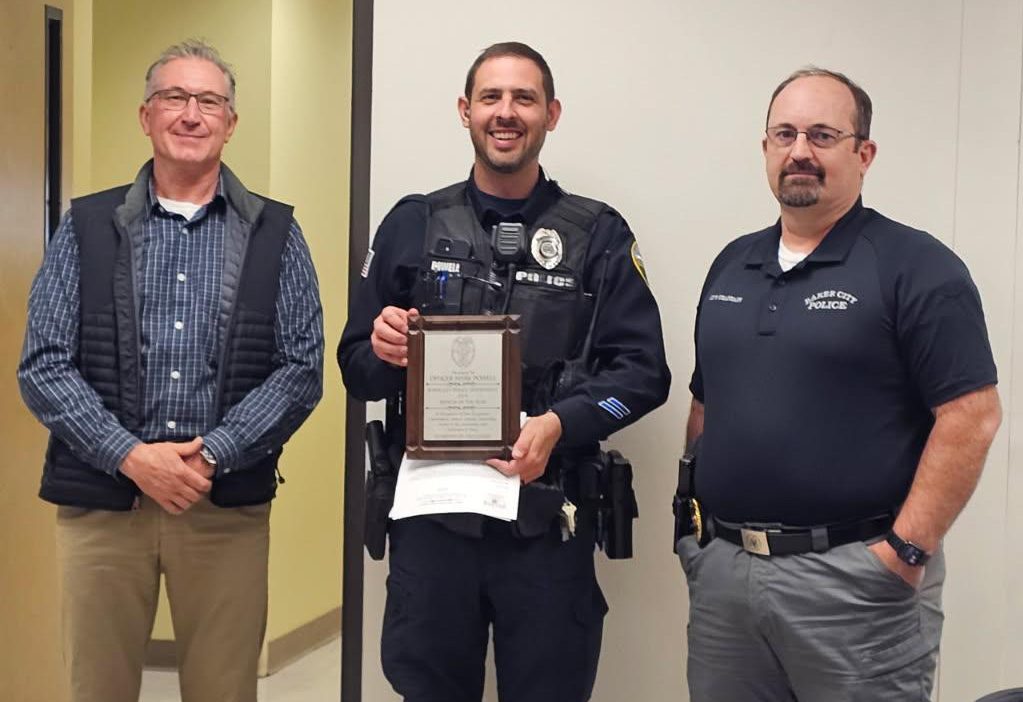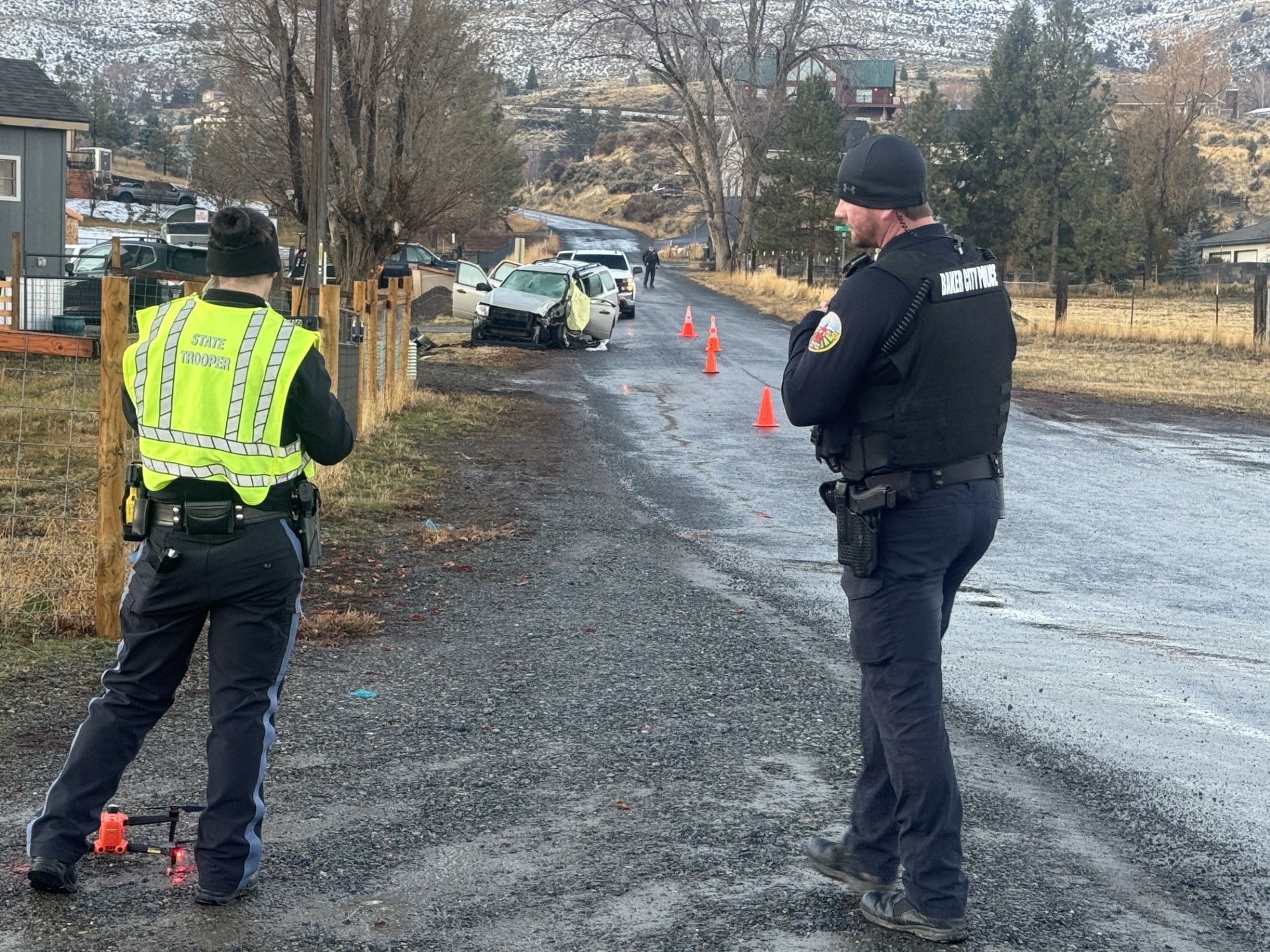Beef Northwest makes deal with union
Published 1:00 am Friday, November 7, 2008
Neither side will say, however, how they will determine whether Beef Northwest workers want to join union
Beef Northwest and the United Farm Workers union jointly announced a settlement Thursday in their 18-month-long dispute over how Beef Northwest workers will decide whether they want to join the union.
“I am a little relieved,” said Jim Wilson, an owner of Beef Northwest, which is headquartered in North Powder and employs about 85 workers at three feedlots, in Boardman, Nyssa and in Quincy, Wash.
“The agreement is predicated on a mutually agreed upon process by which
certain Beef Northwest employees will decide if they want union
representation,” Wilson said in the statement.
When asked to describe that process, Wilson said the company and the union agreed not to go into detail.
Wilson did express his appreciation for the support his company
received Country Natural Beef, the cooperative that includes 16
ranchers in Baker County.
Country Natural Beef sends its cattle to Beef Northwest’s Boardman feedlot.
“Beef Northwest is extremely greatful for all the support we got from
CNB through this process,” Wilson said. “This agreement will help
sustain that relationship with CNB.”
The dispute has revolved around whether a union card count, a secret
ballot vote or some other process would be used to measure feedlot
workers’ support or opposition to joining the union.
Country Natural Beef members had scheduled elections for this weekend at each of the three feedlots.
On Thursday, after receiving word of the settlement, between Beef
Northwest and the UFW, CNB canceled the elections, said Stacy Davies, a
spokesman for the cooperative.
“We greatly appreciate the patience and support of our retail partners during the past trying 18 months,” Davies said.
He also expressed appreciation to Ecumenical Ministries for helping negotiate the agreement.
Continued from Page 1A
He said Country Natural Beef and its retail partners “adamantly support
the rights of the workers of Beef Northwest to be or not to be
represented by a union, whichever is their wish.”
“Because we are not a direct party to this dispute, we have no
knowledge of the details of this settlement, but are hopeful that it
represents the workers’ desire,” Davies said. “Our empathy has always
been with the worker in this dispute.”
Currently, the National Labor Relations Act and The Fair Labor
Standards Act govern the treatment of employee’s in all industries
except agriculture.
That omission is at the heart of the labor dispute between Beef
Northwest, the UFW and second parties like Country Natural Beef, Davies
said.
While both the secret ballot election preferred by CNB and the card
check preferred by UFW provide polls of workers, Davies said neither of
the two processes has legal standing because union organizing targeting
agriculture worker is not regulated under the National Labor Relations
Act.
For industries that are covered by the National Labor Relations Act,
the process for determining union representation involves a card count
as well as a secret ballot election.
A union card count is used to determine preliminary interest of workers
in being represented by a union. Once 30 percent of the workers sign
cards, the NLRB governs the process, which includes campaigning,
followed by a secret ballot election.
Without laws establishing a process and defining activities as legal or
illegal, Davies said unions are free under common law to engage in
boycotts, picketing and email, phone and fax campaigns targeting an
employer, as well as secondary boycotts targeting their customers.
In the absence of NLRB regulations, Davies said the victims of such
second or third party actions have little recourse except to file
lawsuits claiming slander, extortion, or interference with contractual
business activities.
He said CNB will continue working with others to tailor specific
legislation extending collective bargaining laws that governing most
other industries to the agricultural industry.
“The absence of collective bargaining laws governing agricultural
workers leaves a void wherein unfairness abounds,” Davies said.
“Workers who want to organize have no mechanism to do so.
“Unions who are asked to assist workers have no effective method to
engage the employer. The employer has no rules to follow and any
activity they perform is portrayed as union busting,” Davies said.
“Customers of the employer become subject to intense economic pressures.
“The current situation is uniformly unfair for the worker, the union,
the employer and third parties, and it invokes discontent and chaos,”
Davies said.





